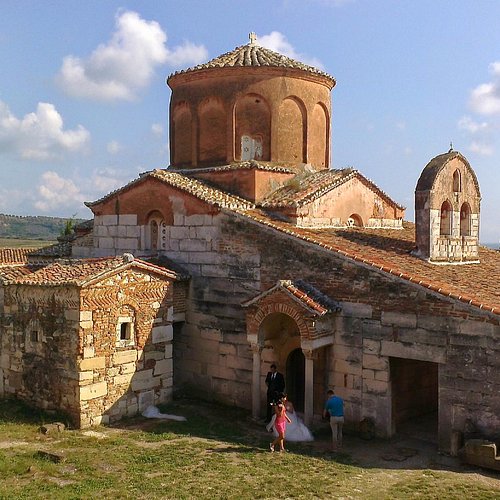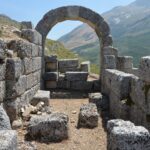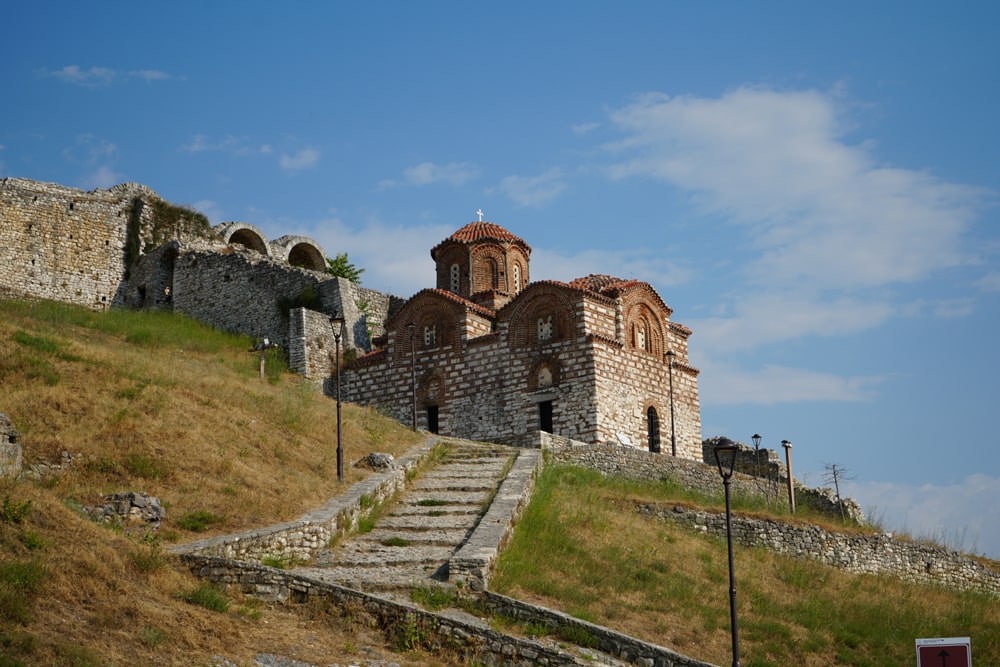
Introduction
Overview of Religious Sites in Albania
Albania, a hidden gem in the Balkans, is steeped in a rich tapestry of religious sites that reflect its diverse cultural heritage. From ancient temples to ornate churches and beautiful mosques, the country boasts a plethora of sacred places.
- Notable sites include:
- The Basilica of Saint Mary in Appollonia
- The Et’hem Bey Mosque in Tirana
- The Monastery of Ardenica
Significance of Albania’s Sacred Heritage
Albania’s sacred heritage is not just about architectural beauty; it represents the unity and resilience of its people. These sites serve as testaments to centuries of cohabitation among various faiths.
- Cultural significance includes:
- Preservation of traditions
- Promotion of tourism and education
- Interfaith dialogue and mutual respect
Visits to these sites offer a deeper understanding of Albania’s spiritual essence, forging connections between the past and the present.
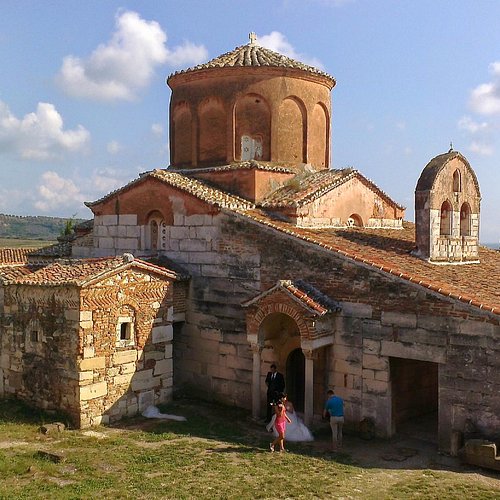
Ancient Religious Sites
Historical Background of Albania’s Religious Diversity
Albania is a mosaic of religious traditions, shaped by its complex history. As travelers venture through Albania, they encounter remnants of various faiths coexisting harmoniously.
- Key historical influences include:
- Roman and Byzantine periods
- Ottoman rule
- The flourishing of different religious communities
This rich tapestry highlights how beliefs evolved, leaving an indelible mark on Albanian identity.
Exploration of Pre-Christian Sites
Delving into Albania’s ancient past reveals fascinating pre-Christian sites that speak volumes about early religious practices. The ancient city of Apollonia stands out, where remnants of temples and altars still beckon explorers.
- Noteworthy pre-Christian sites are:
- The Temple of Apollo in Apollonia
- The Illyrian tombs in the Lake Shkodra area
- The ruins of the ancient city of Butrint
These sites offer a glimpse into the spiritual lives of Albania’s early inhabitants, showcasing a blend of rituals and mythology deeply rooted in its ancient culture.
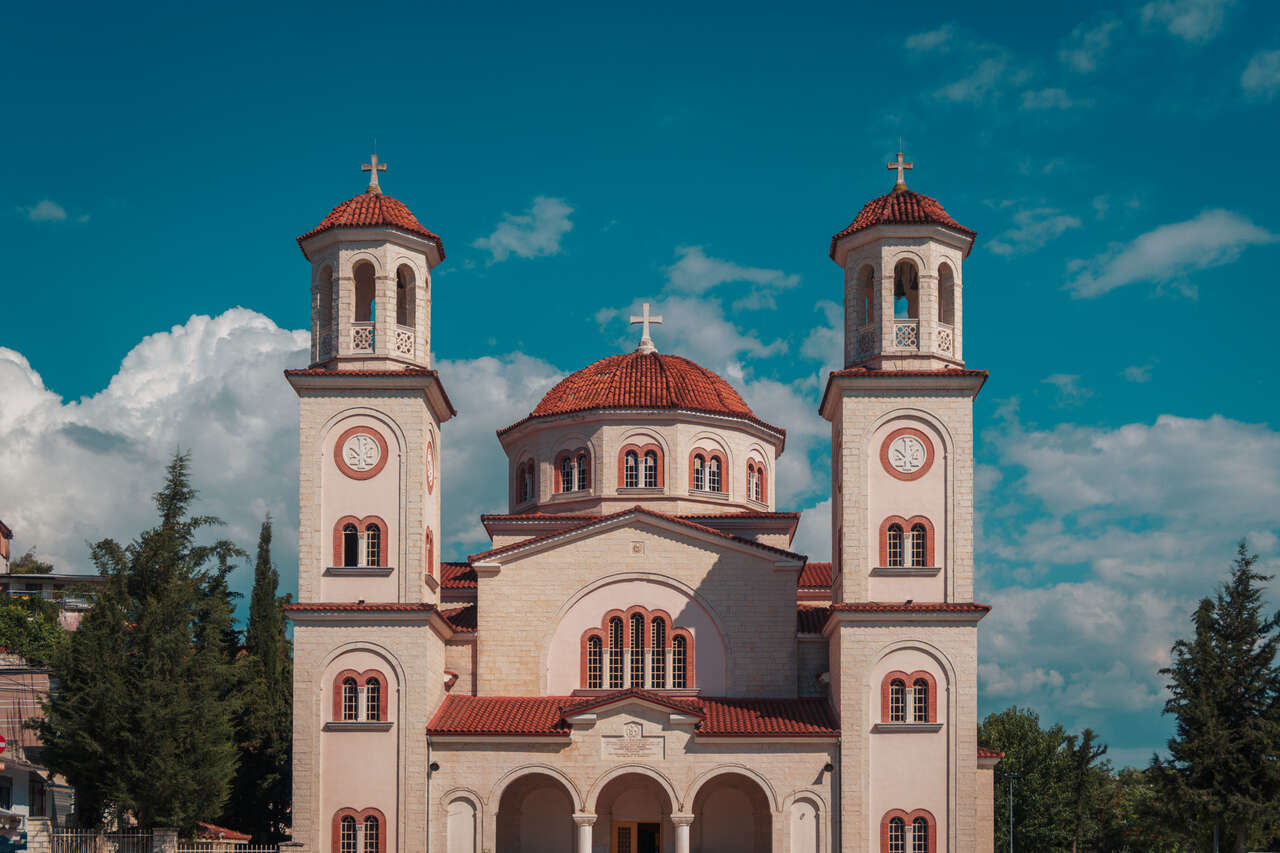
Christian Heritage
Churches and Monasteries in Albania
Albania’s Christian heritage shines through its numerous churches and monasteries, which stand as remarkable symbols of faith and resilience. Many of these stunning structures date back centuries and are filled with captivating histories.
- Prominent sites include:
- The Church of Saint John in Kaneo
- The Monastery of Saint Naum
- The Cathedral of Saint Paul in Tirana
Visiting these places often leaves one inspired by their serene beauty and spiritual ambiance.
Influence of Christianity in Albanian Culture
Christianity has significantly shaped Albanian culture, influencing everything from art to customs. Christian festivals, like Christmas and Easter, are widely celebrated, showcasing the deep-rooted faith of the Albanian people.
- Cultural influences include:
- Iconography and frescoes in religious art
- Traditional music and songs that celebrate Christian themes
- Culinary customs around religious holidays
These elements create a vibrant tapestry that reflects both the country’s Christian roots and its rich cultural diversity, fostering community and connection among Albanians.
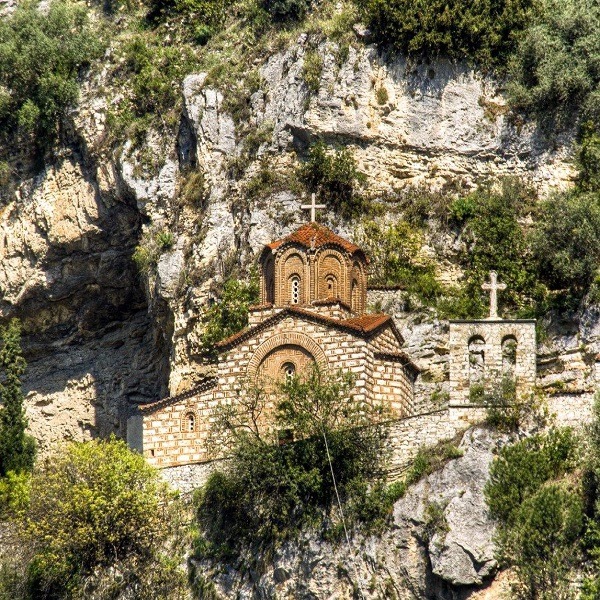
Islamic Sites
Mosques and Islamic Monuments
Albania’s Islamic heritage is richly manifested in its mosques and monuments, many of which possess stunning architectural beauty. These sites are not only places of worship but also serve as cultural landmarks that tell stories of the country’s diverse history.
- Noteworthy mosques include:
- The Great Mosque of Tirana, also known as the Et’hem Bey Mosque
- The Lead Mosque in Tirana
- The Mosque of Sultan Eyup in Berat
Each site has unique features, from intricate tile work to serene courtyards that provide a space for reflection and prayer.
Islamic Influence on Albanian Identity
The impact of Islam on Albanian identity is profound. With approximately 60% of the population identifying as Muslim, Islamic customs and traditions have woven themselves into the very fabric of Albanian society.
- Key influences include:
- Culinary traditions such as pilaf and baklava, often enjoyed during religious festivities
- Architectural styles that reflect a rich blend of Ottoman influences
- Community events during Ramadan, fostering unity and social engagement
These elements enhance the multicultural character of Albania, showcasing the seamless interplay between its Islamic roots and its broader identity, fostering respect and harmony among varying beliefs.
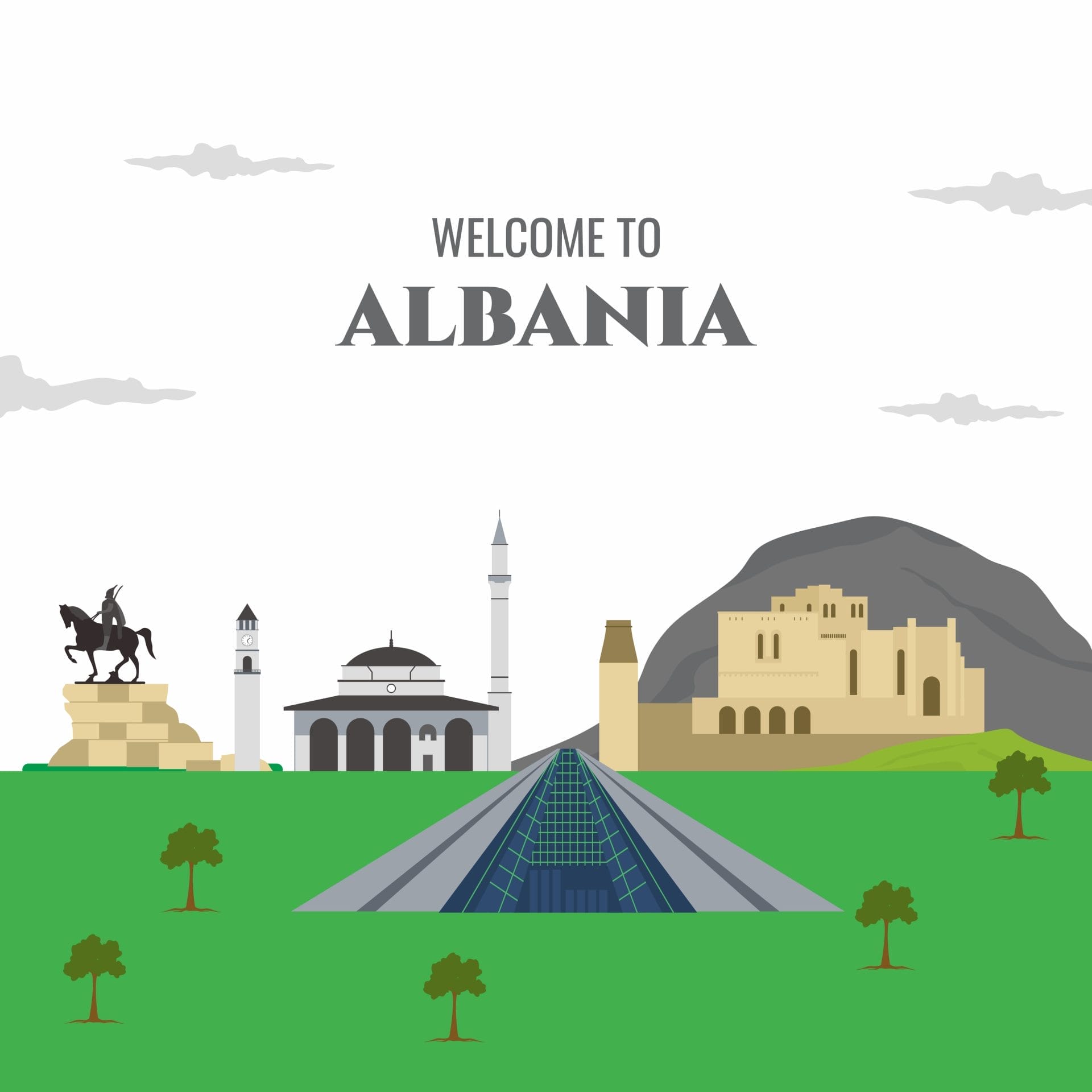
Jewish Heritage
Jewish Sites in Albania
Albania’s rich Jewish heritage is often overlooked, yet it boasts several significant sites that tell the story of a resilient community. These locations reflect the respect and acceptance Jews experienced in Albania throughout history.
- Important Jewish sites include:
- The Jewish Museum in Gjirokastër
- The Aladža Mosque area in the city of Shkodra, which once hosted a vibrant Jewish community
- The synagogue ruins in Saranda, reminding visitors of the centuries of coexistence
These sites serve as testament to the enduring legacy of the Jewish people in Albania.
Contribution of Jewish Community to Albanian Society
The Jewish community has made remarkable contributions to Albanian society, enriching its cultural and economic landscape. Their experiences, particularly during World War II, highlight a legacy of bravery and cooperation.
- Contributions include:
- Prominent figures in business, arts, and politics, such as the legendary Jewish doctor and humanitarian, Dr. David Ben-Gurion
- The establishment of successful trade networks that boosted local economies
- Active participation in community-building initiatives, fostering interfaith dialogue and understanding
The collaboration and shared history with Albanians have created bonds that still endure, underlining the importance of diversity in shaping a harmonious society.
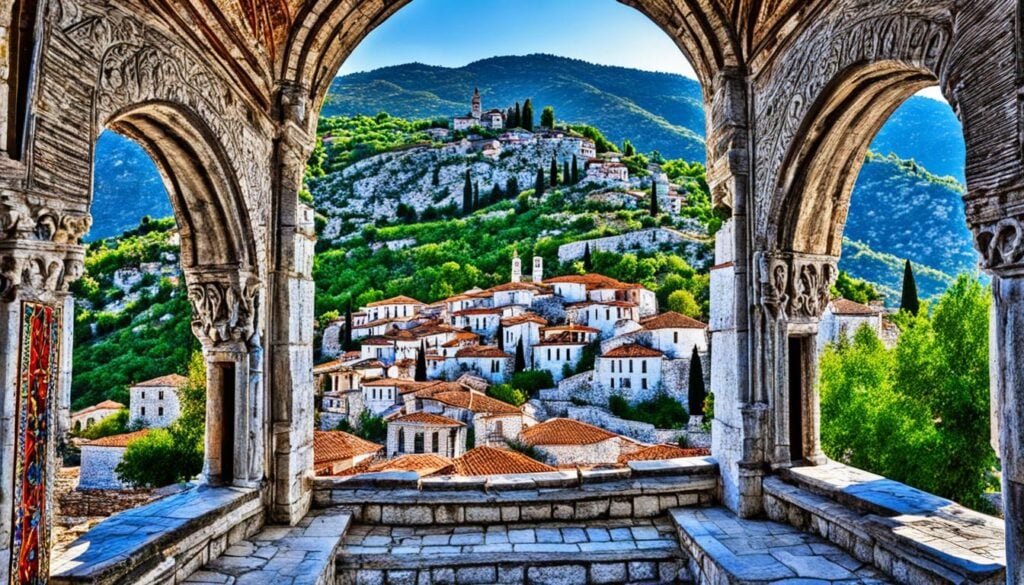
Spiritual Pilgrimage
Popular Pilgrimage Destinations in Albania
Albania is home to numerous pilgrimage destinations that attract visitors seeking spiritual enrichment. These sacred sites are revered by adherents of various faiths and offer tranquil environments for reflection and devotion.
- Notable pilgrimage sites include:
- The Monastery of Saint Naum, located by the stunning Lake Ohrid
- The Shrine of Saint Teresa of Calcutta in Shkodra
- The Holy Mary Church in Apollonia, known for its historical significance
These destinations not only provide spiritual solace but also connect pilgrims to Albania’s rich religious history.
Religious Festivals and Events
Albania’s vibrant religious festivals exemplify the country’s spiritual diversity and community spirit. These celebrations are marked by joyful gatherings, traditional music, and local cuisine, fostering a sense of unity.
- Key religious events include:
- The Feast of Saint George, celebrated with food and folklore
- Ramadan festivities that bring Muslims together for communal prayers and Iftar meals
- Christmas and Easter celebrations, which often include vibrant processions
Participating in such festivals allows visitors to experience the warmth of Albanian hospitality while enjoying the rich tapestry of its spiritual heritage.
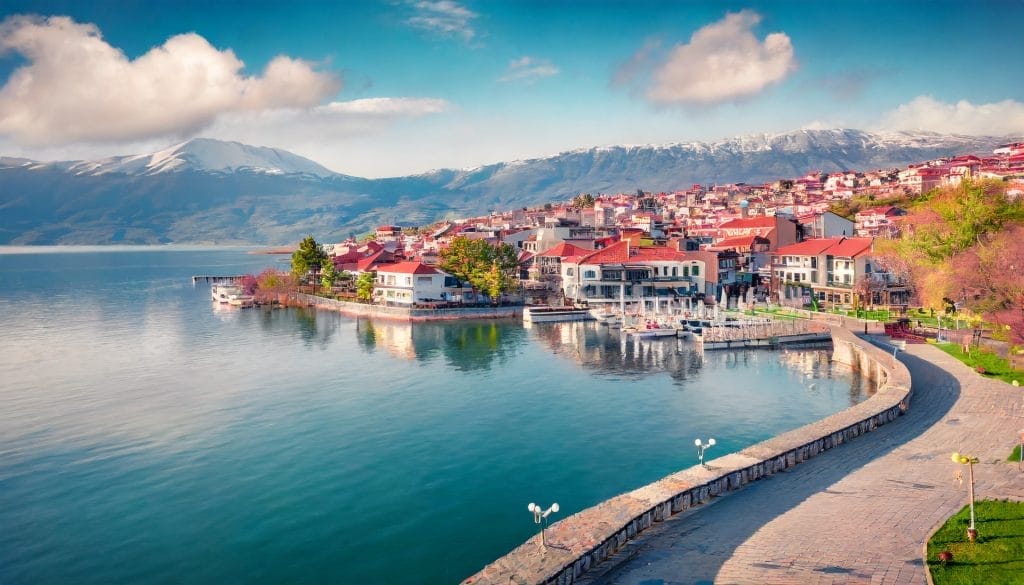
Conservation and Preservation Efforts
Challenges in Preserving Albania’s Religious Heritage
The preservation of Albania’s rich religious heritage faces numerous challenges. Factors such as urban development, lack of funding, and natural wear threaten many sacred sites.
- Key challenges include:
- Vandalism and neglect of historical areas
- Inadequate resources for restoration efforts
- Political instability that may divert attention from cultural conservation
These issues underscore the urgency of protecting Albania’s treasured landmarks, which hold invaluable cultural significance.
Initiatives for Safeguarding Sacred Sites
In response to these challenges, various initiatives have emerged to safeguard Albania’s religious sites. Collaboration between government, NGOs, and local communities plays a vital role in these efforts.
- Noteworthy initiatives involve:
- Restoration projects funded by international organizations
- Community-led awareness programs highlighting the importance of cultural preservation
- Legal frameworks aimed at protecting historical and religious assets
These efforts not only aim to restore and maintain sacred sites but also foster a sense of pride and responsibility within the local population, ensuring that Albania’s diverse spiritual heritage is preserved for future generations.
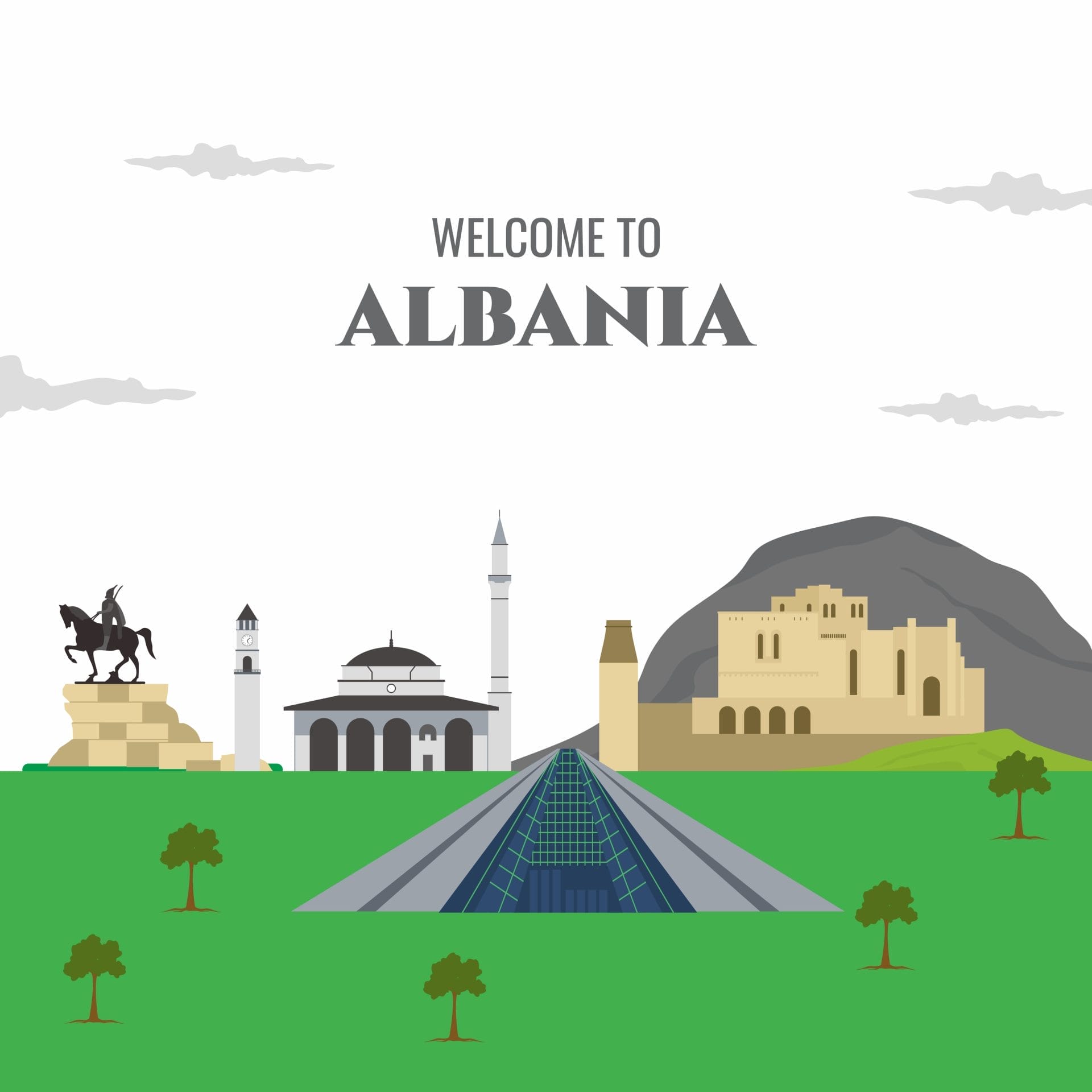
Contemporary Religious Landscape
Interfaith Dialogue and Harmony
In today’s Albania, interfaith dialogue and harmony are essential aspects of the contemporary religious landscape. Efforts to promote understanding among different faiths foster a sense of community and shared values.
- Notable initiatives include:
- Interfaith conferences encouraging communication and collaboration
- Community events celebrating religious diversity
- Educational programs aimed at fostering respect for all beliefs
These initiatives not only strengthen relationships but also create a cohesive society amidst diversity.
Role of Religion in Modern Albanian Society
Religion continues to play a significant role in modern Albanian life, influencing various aspects of culture, social norms, and personal identity. For many, faith provides a framework for morality and community.
- Key influences involve:
- Traditional values shaping family and social dynamics
- Religious festivals that bring communities together
- The role of religious leaders in promoting peace and reconciliation
As Albania navigates the complexities of modernity, the presence of diverse religions enriches its cultural fabric, ensuring that spirituality is woven into the everyday lives of its people.

Conclusion
Reflection on Albania’s Spiritual Diversity
Albania’s spiritual diversity is a testament to its rich history and cultural resilience. The coexistence of various faiths not only highlights its complex past but also serves as a model for harmony in today’s world.
- Key reflections include:
- The deep-rooted traditions that celebrate unity in diversity
- A vibrant cultural tapestry enriched by religious practices
- An enduring commitment to fostering interfaith understanding
This spiritual landscape invites appreciation and respect from both locals and visitors alike.
Future Prospects for Religious Tourism
Looking ahead, Albania has immense potential for religious tourism as it continues to enhance its appeal. Travelers are increasingly seeking destinations that offer authentic experiences rooted in spiritual exploration.
- Prospects include:
- Increased investment in the conservation of religious sites
- Development of guided tours focusing on religious heritage
- Promotion of Albania’s festivals and pilgrimages to attract international visitors
With its stunning sacred sites and a legacy of coexistence, Albania stands poised to emerge as an attractive destination for those seeking spiritual journeys, ultimately fostering greater understanding of its unique cultural heritage.

